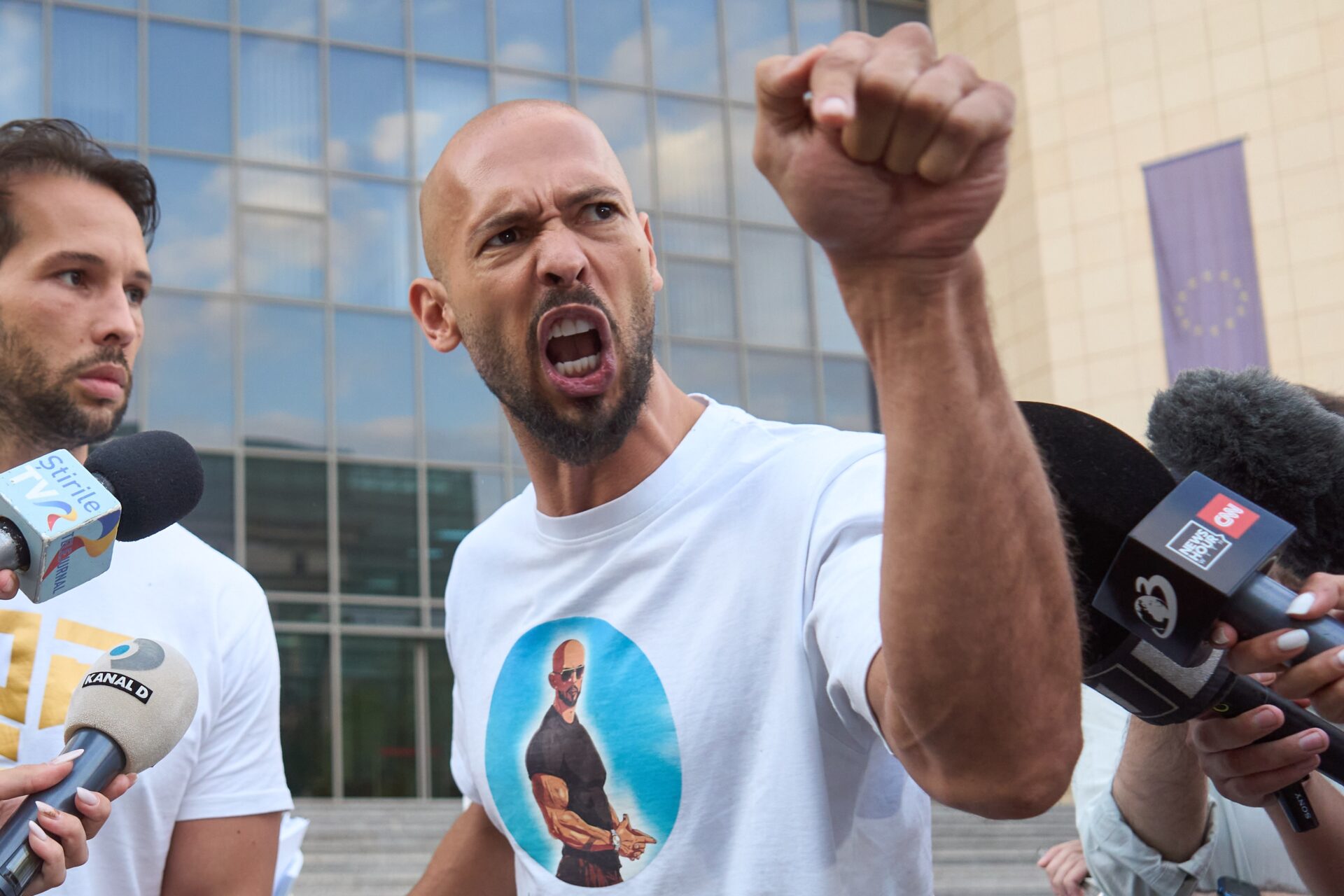
Andrew Tate Charges Dropped: Justice Debated
Rape charges against Andrew Tate dropped, stirring debates on justice and accountability for public figures.
Story Highlights
- UK prosecutors drop rape charges against Andrew Tate due to insufficient evidence.
- Allegations included rape, physical assault, and threats, spanning from 2012 to 2015.
- Tate claims charges part of a broader campaign against him, drawing parallels to Donald Trump.
- Civil proceedings continue in the UK, with a trial expected in 2027.
Legal Proceedings in the UK
In May 2025, the Crown Prosecution Service (CPS) in the UK announced the dropping of rape charges against Andrew Tate, a controversial influencer known for his polarizing views. This decision followed a comprehensive review of evidence by the Hertfordshire Constabulary, concluding there was no realistic prospect of conviction. The charges stemmed from allegations by three women, covering incidents from 2012 to 2015. Despite the dropped charges, civil proceedings initiated in 2019 continue in the UK High Court, with a trial scheduled for 2027.
Tate’s response was swift and defiant, claiming systemic mistreatment and likening his experience to what he perceives as persecution akin to former President Donald Trump. He has consistently denied the allegations, labeling them part of a witch hunt against him. This narrative resonates with his supporters, who view the dropped charges as vindication. However, critics argue that the case highlights systemic barriers to prosecuting sexual violence, especially involving high-profile individuals.
Andrew Tate Rape Charges Dropped: Influencer Claims He's 'Most Mistreated Man' as Civil Case Continueshttps://t.co/BrR3MdhvAL
— Britannia Daily (@BritanniaDailyy) September 30, 2025
International Dimensions and Ongoing Investigations
The legal challenges facing Andrew Tate are not confined to the UK. Romanian authorities are conducting ongoing investigations into human trafficking and sexual exploitation, with related allegations involving women from multiple countries. The Romanian Directorate for Investigating Organized Crime and Terrorism (DIICOT) has expanded its charges to include trafficking minors and money laundering. These developments underscore the international dimension of the case, raising questions about cross-border legal cooperation and accountability.
As these investigations unfold, the public discourse around influencer accountability and the #MeToo movement continues to evolve. The case has sparked debates on the effectiveness of legal systems in addressing allegations against powerful men, with potential implications for future policy discussions on handling transnational sexual crimes.
The Broader Implications of the Case
The dropped charges in the UK have significant implications for all involved parties. For the accusers, the decision may feel like a denial of justice in criminal court, although the civil proceedings offer an alternative avenue for redress. For Andrew Tate and his associates, the ongoing legal battles, including asset seizures in Romania, present reputational challenges and financial burdens. The broader public remains engaged in debates over celebrity accountability, the credibility of victims, and the standards of proof required in such high-profile cases.
Overall, this case highlights the complexities of prosecuting allegations against influential figures and the broader societal conversations surrounding justice, accountability, and due process. As legal proceedings continue, the outcome may set precedents for how similar cases are handled in the future, both within the UK and internationally.
Sources:
The Nightly: Andrew Tate rape charges dropped by UK prosecutors
Sky News: Andrew Tate charges and legal proceedings
Wikipedia: Legal affairs of the Tate brothers


